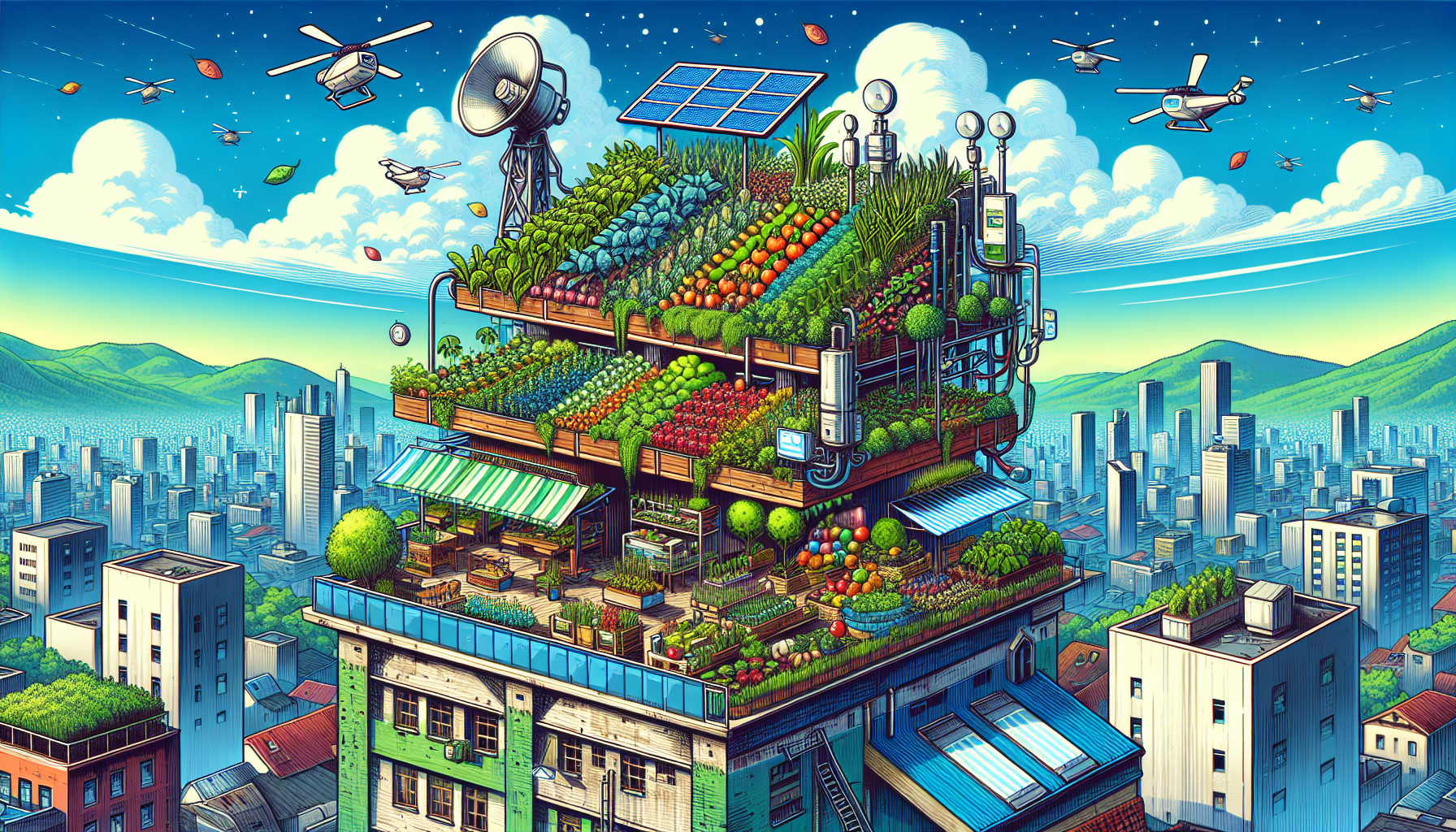September 12, 2024

Restaurants face increasing pressure to adopt sustainable practices. From reducing food waste to minimizing energy consumption, the challenges are numerous. But with the right approach and tools, achieving sustainability goals can be both manageable and profitable.
• Energy efficiency• Water conservation• Waste reduction• Sustainable sourcing• Staff educationMany restaurants struggle to balance these initiatives with day-to-day operations. However, technology is emerging as a powerful ally in this effort.
Smart systems can monitor and optimize energy use, track inventory to reduce waste, and even assist with sustainable menu planning. One often overlooked area where technology can make a significant impact is in customer communication and order management.
Efficient order taking and customer service can reduce errors, minimize food waste, and improve overall operational efficiency. This is where AI-powered solutions like Loman.ai's 24/7 AI Phone Agent come into play, handling calls, taking orders, and managing reservations with precision.
Restaurants can significantly reduce their carbon footprint by implementing energy-efficient practices. This includes:• Installing LED lighting• Using Energy Star-rated appliances• Implementing smart HVAC systems
Water-saving initiatives not only help the environment but also reduce utility costs. Consider:• Low-flow faucets and toilets• Water-efficient dishwashers• Drought-resistant landscaping
Minimizing waste is crucial for sustainability and can lead to cost savings. Strategies include:• Composting food scraps• Implementing a recycling program• Using biodegradable packaging
Technology plays a crucial role in achieving sustainability goals. From inventory management systems that reduce food waste to AI-powered solutions that streamline operations, the right tech can make a significant difference.For instance, Loman.ai's AI Phone Agent can help restaurants reduce paper waste by digitizing order taking and reservation management. This not only saves trees but also improves accuracy and efficiency.
Sourcing ingredients responsibly is a key aspect of restaurant sustainability. This involves:• Partnering with local farmers• Choosing seasonal produce• Opting for sustainably caught seafoodSustainable sourcing practices not only benefit the environment but can also enhance the quality and uniqueness of your menu offerings.
Engaging staff in sustainability efforts is crucial for success. Regular training sessions and clear communication about sustainability goals can help create a culture of environmental responsibility.
Informing customers about your sustainability initiatives can enhance your brand image and attract environmentally conscious diners. Consider:• Menu labeling for sustainable dishes• Social media posts about your green practices• In-restaurant signage highlighting sustainability efforts
To ensure your sustainability efforts are effective, it's important to track and measure progress. This can involve:• Regular energy and water audits• Waste tracking and analysis• Carbon footprint calculationsTools and resources for sustainability analytics can help you quantify your impact and identify areas for improvement.
Achieving sustainability goals in restaurants requires a multifaceted approach. By leveraging technology, implementing best practices, and engaging both staff and customers, restaurants can make significant strides towards sustainability. Solutions like Loman.ai's AI Phone Agent can play a crucial role in this journey, helping to streamline operations and reduce waste.Remember, sustainability is not just about being environmentally friendly—it's also about creating a more efficient, cost-effective, and future-proof business. By embracing sustainable practices and innovative technologies, restaurants can position themselves for long-term success in an increasingly eco-conscious market.
A: AI technology, like Loman.ai's Phone Agent, can contribute to sustainability by reducing paper waste, improving order accuracy to minimize food waste, and optimizing operations for better resource management.
A: Quick wins include switching to LED lighting, implementing a recycling program, and using energy-efficient appliances. Also, consider using AI-powered solutions for order management to reduce errors and waste.
A: Regular training sessions, clear communication of sustainability goals, and involving staff in decision-making processes can help create a culture of environmental responsibility.

Enter your information in the form to receive a call from Loman and place an order like a customer would!